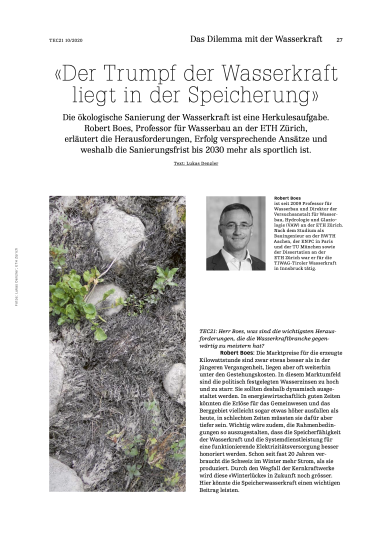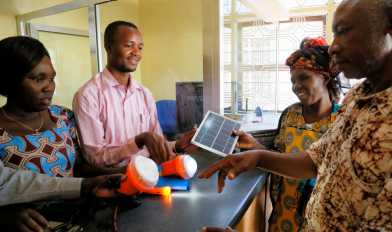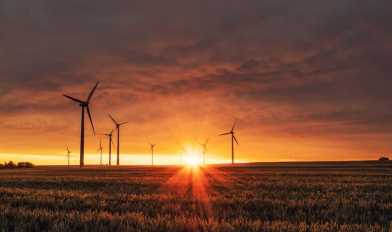04
The long way ahead for the energy transition

Concerns about the consequences of excessive global warming have increased interest in the energy transition. General belief is that the energy transition has been the dominant factor of the increased use of renewable energy. However, only few countries/regions show evidence of an actual energy transition. At the global level, its relevance is short of non-existent when you do the math.
Sanierung der Wasserkraft - eine Herkulesaufgabe

"Der Trumpf der Wasserkraft liegt in der Speicherung", so ESC-Mitglied Robert Boes, Professor für Wasserbau an der ETH Zürich. In einem kürzlich erschienen Artikel der Zeitschrift TEC21 erläutert er Herausforderungen, Erfolg versprechende Ansätze und weshalb die Sanierungsfrist bis 2030 mehr als sportlich ist.
Electrifying Rwanda: Why mini-grid companies have lost the game

Rwanda’s goal to reach 100% electrification by 2024 relies heavily on off-grid electricity systems, like solar home systems and mini-grids. Based on Churchill Agutu's recent field research, this will be a tall order for burgeoning solar home system and, especially, mini-grid companies, who face a number of challenges to scale. Read more about it in the Energy Blog @ ETH Zurich.
COVID-19 stimulus packages represent a critical juncture for climate policy

Governments around the world are launching massive stimulus programs to prevent a global crisis due to COVID19. Policymakers should use this window of opportunity to push for more ambitious climate policies. Read the newest post on the Energy Blog @ ETH by Nicholas Schmid from the Energy Politics Group.
Two new researchers join Nexus-e research project at the ESC

The Energy Science Center (ESC) is very pleased to welcome Yuqian Yan and Marius Schwarz as new members of the ESC team. Both researchers have joined the existing team of the Nexus-e research project, Marius Schwarz as project manager and Xuqian Yan as project engineer.